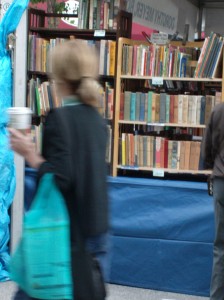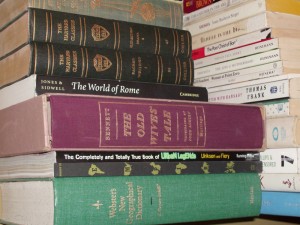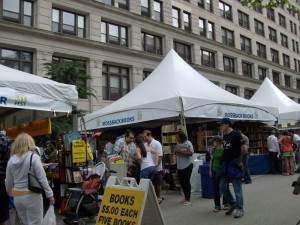Confession: I cried at the end of Sounder and Bridge to Terabithia. I also cried at the end of Steven King’s short story, “The Body,” in which the movie Stand by Me was based on. And the reason I cried at the end of that story was because Gordie’s character felt he had to mourn the death of his friend Chris in his car by himself. He didn’t think anybody would quite understand. And that kind of loneliness gets to me. And this is also the reason why I cried when I read George Orwell’s, Down and Out in Paris and London. When Orwell touched on the shame of being poor and the way he hid his poorness from others, it struck me hard. Most recently, I cried when I read a beautiful passage within Jamaica Kincaid’s book, Annie John.
Annie John was speaking about her father and how he was given to his grandmother when he was a child. He was so close to her that they slept in the same bed until adulthood. He woke up one morning to find that she had passed away. He was eighteen and alone. Even though he ended up with his own family, no amount of love they gave him would ever suffice for the loss of his grandmother’s love. Annie John never thought of how sad her father was until that moment and that sentiment made me cry like a baby. And you would have to know a small part of my family’s past to understand that.
My father’s mother died when he was seventeen. His father passed away when he was twenty-four. He was parentless by the time he was twenty-five. I never thought about what that could do to a person, let alone my dad until my late twenties. To this day, I can’t imagine that it wasn’t completely devastating for him. I know that’s how it would be for me. Even when I brought it up a few years ago, he quickly changed the subject. Could he still be mourning their deaths some thirty years later? I think so. As we all know, there is no time limit on pain. This is why I could empathize with the passage in Annie John.
The pain exhibited in all of the above-mentioned works is so strong and relatable that it shook me to the core. Now that’s good writing.
I don’t know if I’ll ever be able to read about a character’s struggle or pain without feeling some sort of emotional connection to the writer. What do you all think? Which books do you feel an emotional connection to?



